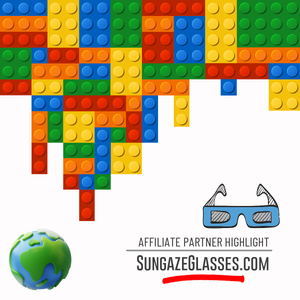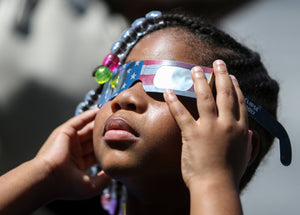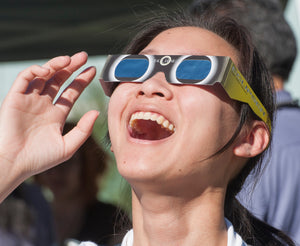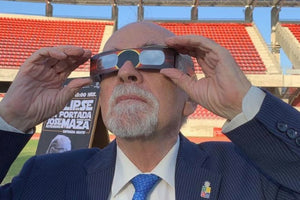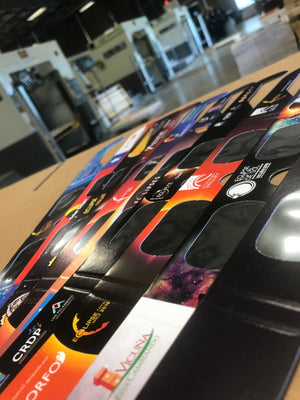The Do's and Don'ts of Solar Eclipse Viewers

A solar eclipse occurs when the sun's rays are blocked as the moon passes between the earth and sun. For an eclipse to occur, the earth, sun, and moon must be aligned near perfect in a straight line, which can only happen during a new moon phase. There are four solar eclipses occurring in most calendar years, with the maximum number being seven. Four types of solar eclipses exist: total, partial, annular, and hybrid. However, total solar eclipses are rare events. To safely look at an eclipse, no matter its type, one needs to observe it through solar eclipse viewer or by an indirect way.
Solar Eclipse Viewer & Eye Protection
We may have always been told not to look directly at the bright sun, but under some circumstances there are exceptions to this rule. Sunrays can be damaging to eyes when gazing at it, but an individual's eyes can be protected by the use of a solar eclipse viewer. The solar filters used in such viewers work by blocking harmful radiation along with the sun's brightness. Before each use, these filters should be carefully checked. When using a good solar filter, the only thing you are able to see is the sun. Contrary to some believe, solar viewers should not be used in combination with binoculars or a telescope. Should you want to use binoculars or a telescope, those pieces of equipment will need to have their own solar filters.
Projection Viewing to Observe the Sun
Projection viewing is another safe way of observing the sun. In this scenario, the sun's image is projected onto a screen. A simple piece of paper with a pin hole or a properly focused telescope can be used as the source of projection. This method allows a group of people to view the sun at the same time, in a safe environment. Instant burns may happen from intensified solar rays at focal point. To avoid this, there should be no attempt of pointing at anything on the projection. This type of solar eclipse viewer should be done under proper supervision.
Choosing The Best Viewing Location
After you've checked your solar eclipse viewer is suited for use during the next solar eclipse, you should select a location where viewing angle is optimal and there will not be any obstruction to your view. These locations can enhance or reduce enjoyment from an eclipse event.
- Jason Lewin
